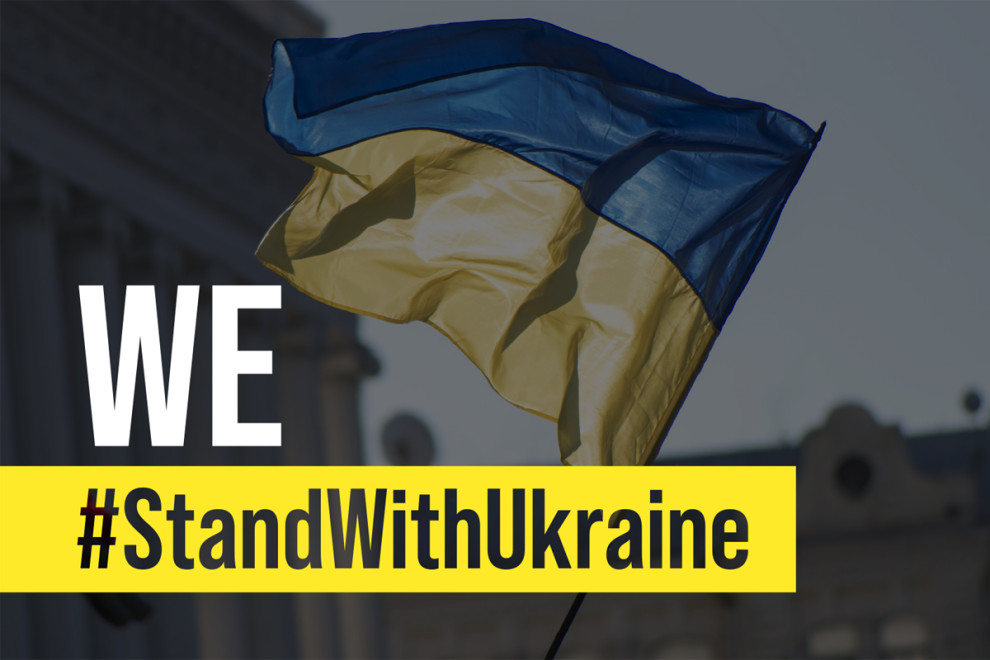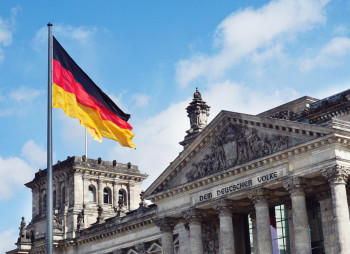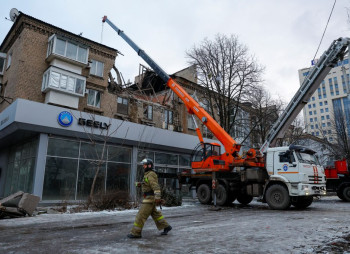To state the obvious, investing in a country at war can be risky. Most of the funding flowing into Ukraine in the war’s first year has gone to the public sector and military. But development finance institutions are now ramping up investment in Ukraine’s private sector, too.
“For most private companies or banks that are active in Ukraine currently, it's really just a question of how they keep their businesses alive,” said Lisa Kaestner, International Finance Corporation’s country manager for Ukraine and Moldova.
IFC and other multilateral and bilateral DFIs first responded to the war by helping stabilize and support existing clients. Some, such as the European Investment Bank, have mainly invested in the public sector. But Markus Berndt, acting head of EIB Global, tells me that will change in the year ahead as EIB looks to make more private sector investments, especially in Ukraine’s small businesses.
An overall figure for exactly how much has been invested in Ukraine’s private sector since the start of the war doesn’t seem to exist. But calculations put the number in the hundreds of millions.
- IFC and the European Bank for Reconstruction and Development both did a significant amount of trade finance in Ukraine last year. The typically short-term financing is less risky than other types of investments in an ongoing conflict. Meanwhile, the U.S. International Development Finance Corporation has done a lot of deals using its political risk insurance tool. In the year ahead, these institutions may look to do longer-term, riskier transactions, but some say they’ll likely need help.
- While many DFIs have made significant investments with their own funding, IFC said that going forward it needs more concessional capital to share the risk so it can do more. IFC announced a $2 billion investment program in Ukraine: half of the funding will come from the institution, but it intends to raise the rest from donors, including through guarantees.
- DFC announced plans to mobilize $250 million for Ukraine banks to support SME (small- and medium-sized businesses). That is part of DFC’s broader commitment to mobilize more than $1 billion in the coming years. It will also look to address the country’s needs such as investments in energy, stabilization, health care, education, and agriculture.
- In some cases DFIs are jumping on the same bandwagon. A Ukraine-based private equity fund, Horizon Capital, has received commitments for investments from IFC, DFC, and DEG — the German DFI. Others are considering investing as well. That’s no surprise because Horizon is “best in class,” Naz El-Khatib, DFC’s deputy chief of staff for policy, tells me. “But our pipeline in Ukraine is growing. I suspect over time, as we’re able to get these transactions over the finish line, both from DFC’s perspective and I’m sure from the perspective of other institutions, that the roster of businesses receiving that financing will continue to grow.”
The investments are not just about rescuing the private sector, but preparing for the future, Niels Annen, who chairs DEG’s supervisory board and also serves as parliamentary state secretary for Germany’s Ministry for Economic Cooperation and Development, known as BMZ, told contributor Andrew Green. “We’re trying to explain to German private sector investors, ‘yes, you can make money with investing in Ukraine".






